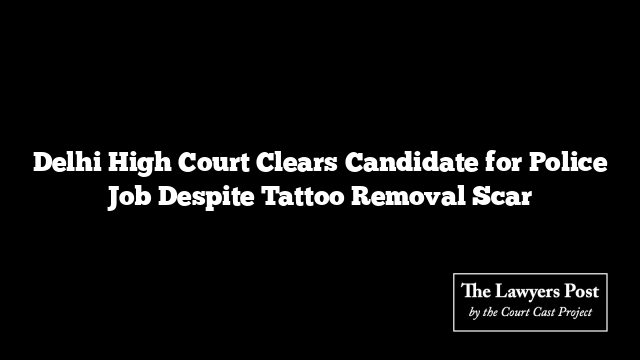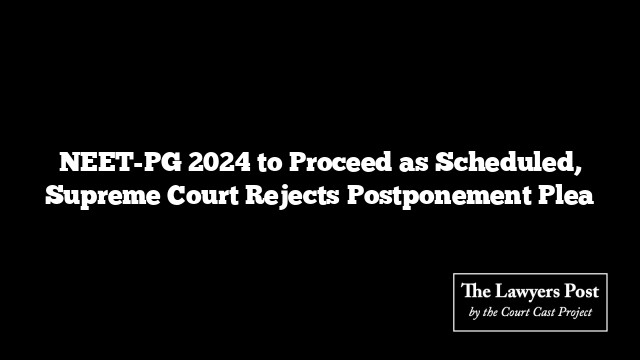In a significant ruling, the Delhi High Court recently declared that a faint scar left by a tattoo removal process should not disqualify a candidate from joining the Delhi Police. This decision came in favor of Deepak Yadav, who had initially been deemed unfit for the constable post due to a faded tattoo on his forearm.
A Bench consisting of Justices Suresh Kumar Kait and Girish Kathpalia upheld a previous decision by the Central Administrative Tribunal (CAT), which had supported Yadav’s candidature. The controversy began when the Staff Selection Commission (SSC) rejected Yadav based on the tattoo spotted during a medical examination.
However, Yadav had already started the tattoo removal procedure by the time the case reached the High Court. Upon inspection, the Court found that the tattoo had been replaced by a barely visible scar. The judges noted that such scars could naturally occur and should not be used as grounds for disqualification.
The Bench stated, “We have physically examined the candidate’s forearm, and the tattoo is no longer visible to the naked eye. The remaining scar is faint and could be natural, so rejecting the candidate on this basis is unjustified.”
The Court also highlighted that candidates with objectionable tattoos are generally given a chance to remove them within a specified period. Yadav, who had undergone the removal process during the evaluation period, did not have an opportunity to present himself for a re-examination after the procedure was completed.
Given that the tattoo had been effectively removed, leaving only a minor scar, the Court directed that Yadav be allowed to join the second batch of police training within a week.
This ruling underscores the importance of fair evaluation processes and offers a crucial precedent for candidates facing similar situations in the future.





